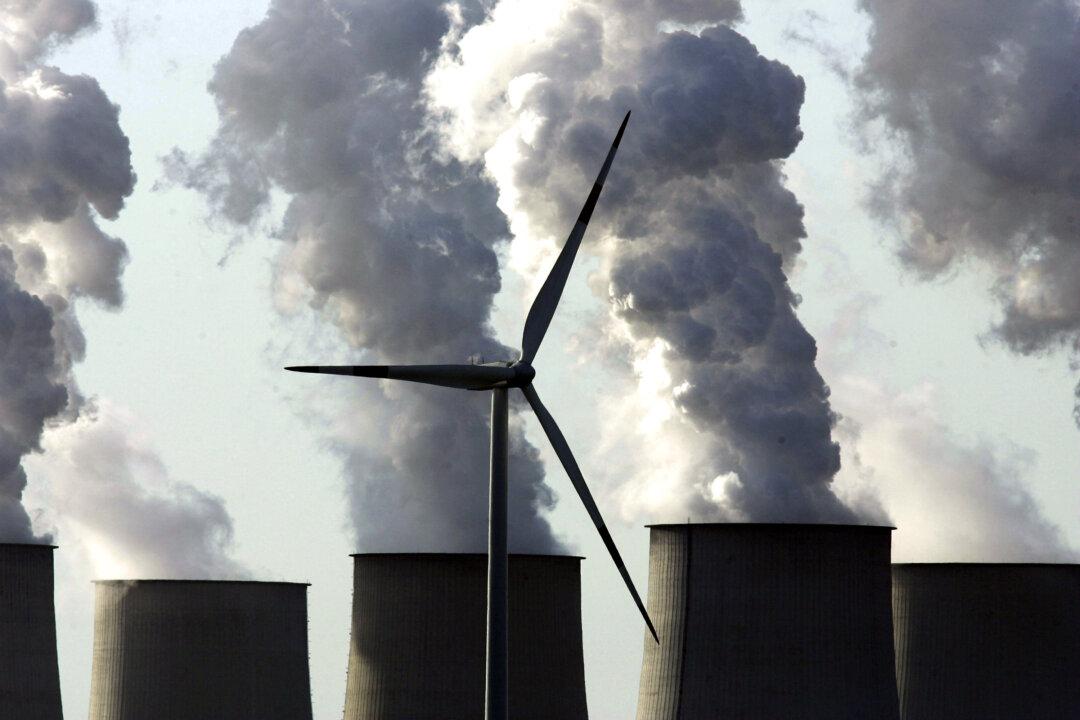It’s hard to argue against environmental conservation. That’s why politicians have often used environmental issues to silence opposition, says analyst Rupert Darwall in his new book “Green Tyranny: Exposing the Totalitarian Roots of the Climate Industrial Complex.”
By tying their goals to environmental legislation, industry and political groups can cloak their ulterior motives in green, he said. For example, they can either promote or harm certain industries by portraying them as either environmentally friendly or harmful.





